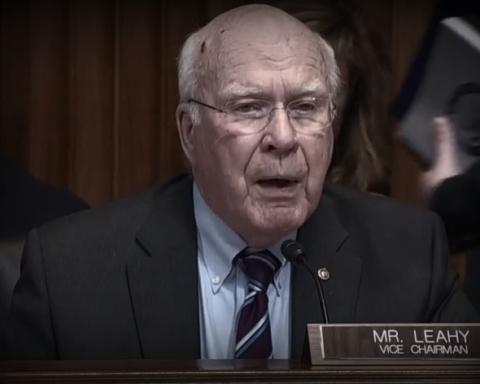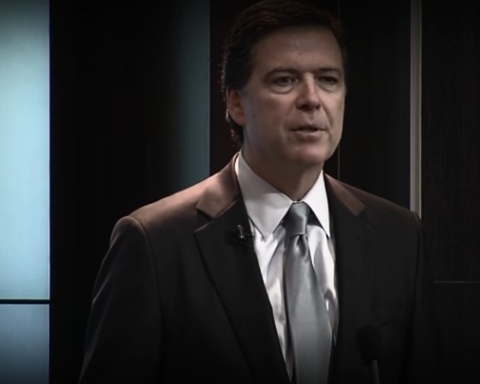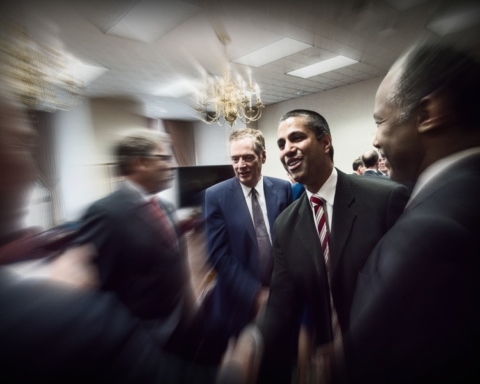Rarely do Republican lawmakers decry the federal government’s lack of rule-making, but when it comes to the commercial drone industry, Rep. John Mica (R-Fla.) broke the mold Wednesday.
Rep. Mica criticized the Federal Administration for its failure to finalize rules for small unmanned aircraft systems (UAS) and said the delay will likely lead to a midair collision.
“What will probably propel this,” the Congressman said, “is going to be a very serious accident. I can almost predict there will be one.”
The remarks came during a House Transportation and Infrastructure Committee, featuring testimony from FAA officials, and representatives from both the airline industry and the hobby aeronautics sector.
The FAA’s Deputy Administrator, Michael Whitaker acknowledged that the agency missed its Congressionally-mandated deadline last month to finalize UAS rules. He claimed that regulations governing the flight of small drones—typically weighing fewer than 55 lbs.—will likely be finalized before June 2016.
Whitaker added that rulemaking for larger drones will lag behind, and depend on commercial demand and developing technology.
Rep. Mica wasn’t satisfied with the timeline. “There’s just so many of these flying that it’s almost inevitable that we have a drone hit an aircraft and there will be probably injuries and hopefully not fatalities,” he claimed.
Another Republican lawmaker on the panel, Rep. Richard Hanna (R-N.Y.), lamented the lack of regulations, and warned of the economic consequences that a serious accident may have on the budding drone industry.
“I would suggest there’s urgency to this,” he told the panel of witnesses.
Whitaker reported FAA data showing that the agency receives roughly 100 complaints from airline pilots a month who’ve had close encounters with drones.
That number, however, was disputed rather remarkably by another lawmaker on the committee, Rep. Todd Rokita (R-Ind.).
“You talk about these near miss sightings and these reports of UAS, how do you know it’s what they saw?” Rep. Rokita asked, suggesting some reported drones might actually be balloons let go by kids on the ground.
“Pilots aren’t God,” Rep. Rokita claimed, adding that the committee shouldn’t “accept the premise that all these sightings or near-misses are really in fact UASs to begin with.”
“There’s millions of birds, too,” he said.
Rep. Rokita went on to claim that some alleged UAS sightings by pilots might be extraterrestrial, in nature.
“You can go on cable at night anywhere from eleven to three in the morning and hear all these pilot stories about UFOs,” he said.
The Government Accountability Office (GAO) released a report in August, noting that the FAA still faces several challenges when it comes to fully integrating UAS into the nation’s airspace. The watchdog pointed to “technology shortfalls” and complicated and congested US air traffic that will likely continue to hinder the agency’s ability to safely regulate the unmanned systems.





